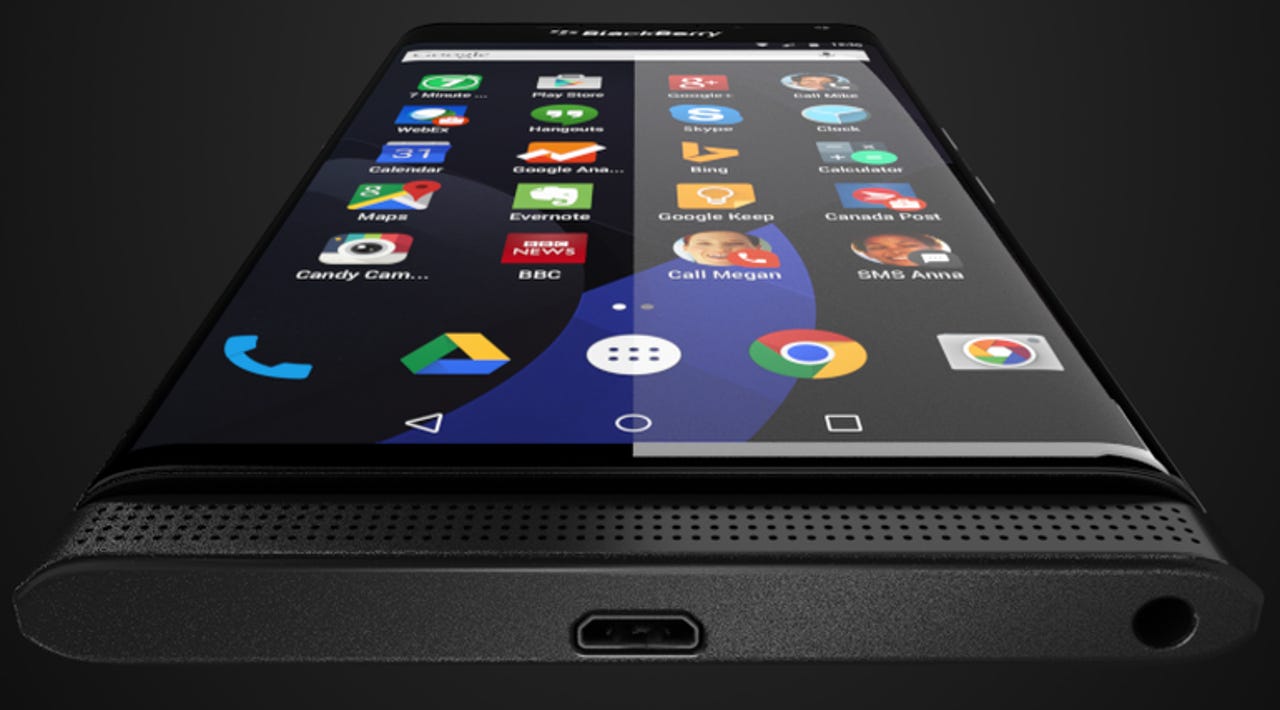The many ways BlackBerry beefs up Android security on the Priv


It seems like there's a malware or security scare with Google Android on a near-weekly basis. Perhaps that's why Google has promised monthly security updates to its Nexus phones and is hoping that its hardware partners do the same.
It's also why now is as good a time as ever for BlackBerry to enter the Android market with its next smartphone, the BlackBerry Priv.
Details of the handset have been around for a while now, and from a hardware perspective, you can mostly expect what's found in other flagship Android phones. One key difference are the keys, though: The Priv's touchscreen display slides up to reveal the famous and much-loved BlackBerry keyboard.
The software, however, may be the bigger selling point; at least from a security standpoint.
BlackBerry is bringing its "Root of Trust" to Android, keeping unique crypto keys at the hardware level as a base to build on, for example. By providing such security at a lower level, the handset is more difficult to crack.
Next up is BlackBerry's Verified Boot and Secure Bootchain to determine all layers -- from hardware to software -- haven't been compromised. The company also beefs up the Linux kernel used to enhance security at the operating system level.
Lastly is FIPS 140-2 compliant full disk encryption for data and applications. Google has been trying to enable disk encryption by default in Android for some time and even considered it for Android 5.0 devices in the past.
Featured
Earlier this week, the company finally made a line in the sand: All new Android 6.0 devices must support it although there's a catch: If a device doesn't meet certain performance requirements it can be exempted from full encryption by default.
Users can always enable it themselves, but a default option is far better and safer, provided their handset performance isn't too adversely affected.
While the Priv itself may not stand out from the multitudes of high-end Android phones, save for that keyboard, the security aspect screams "right time, right place" to me. When I initially heard about BlackBerry considering an Android phone, I didn't see that much upside. After all, don't we have a solid Google Android device for every budget these days?
BlackBerry is playing the Priv smart: Even the name alludes to "privacy." The more we hear about Google Android security scares, the more I think BlackBerry's security heritage and approach could bring a surprising number of handset sales, both to consumers and enterprise workers alike.